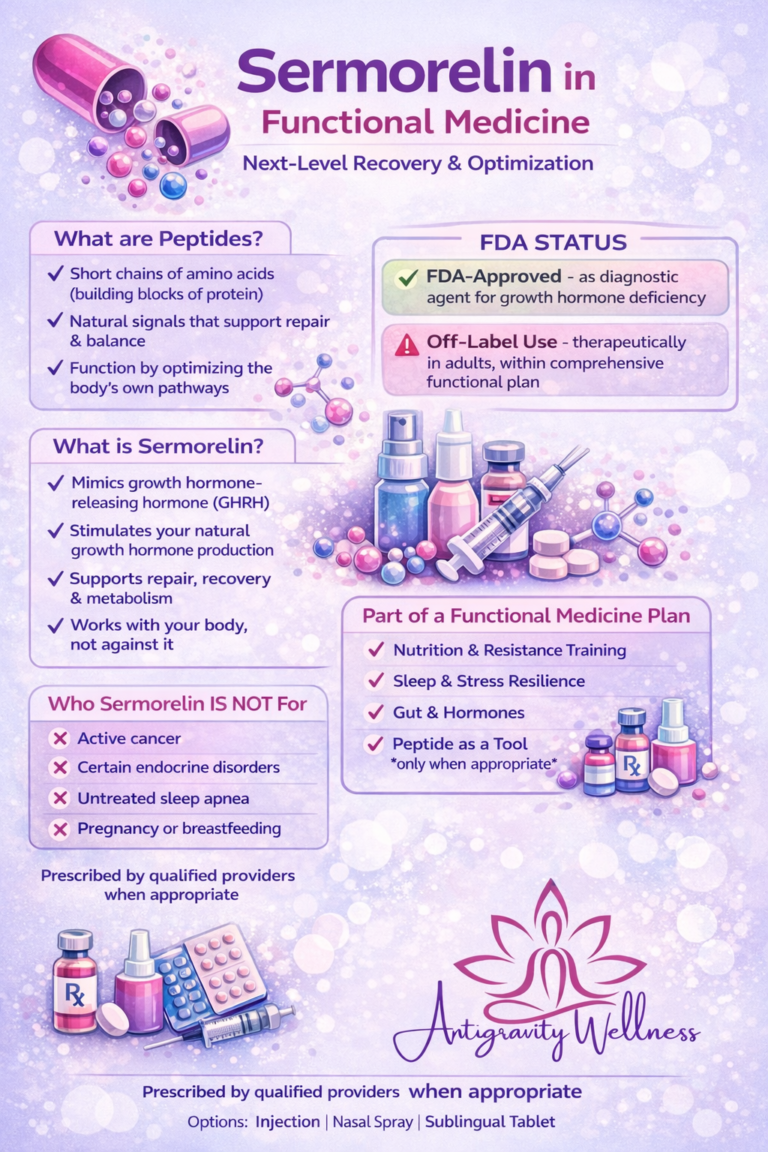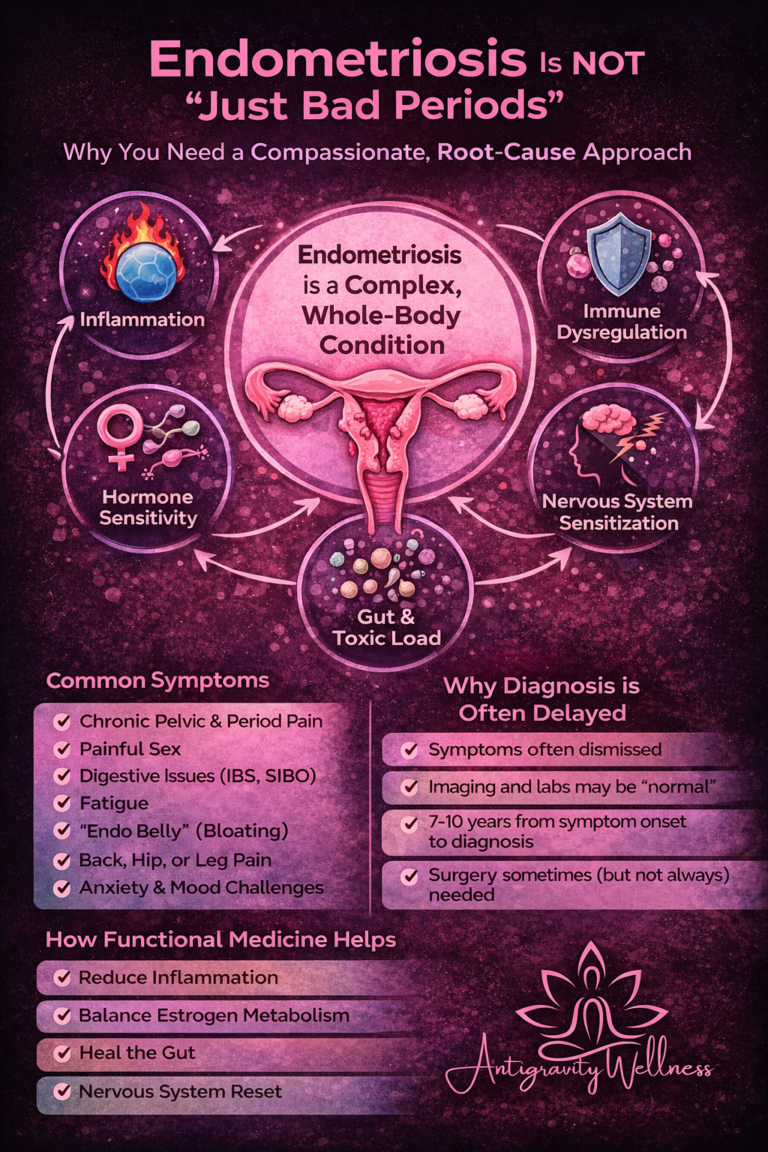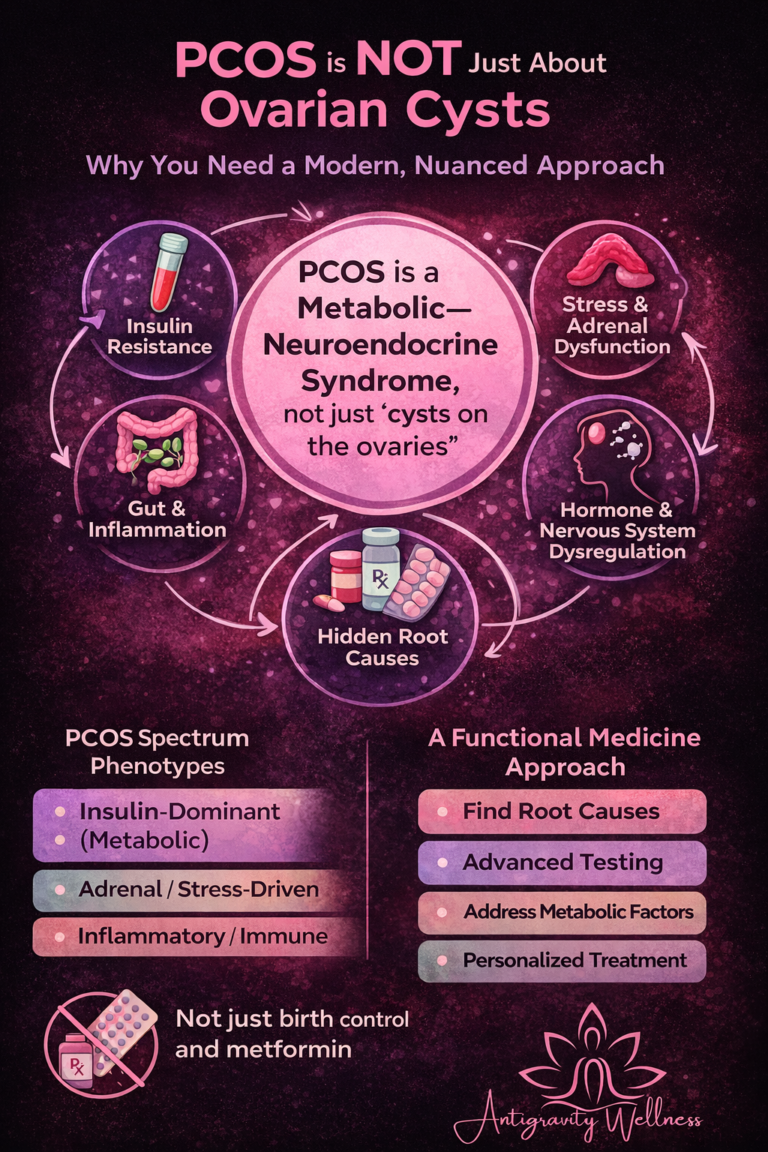Hello! Nurse Practitioner, Functional Nutrition & Fitness Coach Nicole here to talk to you about 4 tactics that night shift workers can implement to optimize their circadian rhythm for better health. Disclaimer: As always, these videos are for information purposes only and are not meant to diagnose or treat any one person. You must seek the help of a qualified health professional for your individual healthcare needs.
Night shift work is associated with increased risk of GI problems, metabolic disorders, neurodegenerative disease, heart disease, psychiatric issues such as depression, and cancer. The best thing is to not work the night shift. That’s not always possible, and there are necessary jobs that we need people to work, such as our front-line workers, doctors, nurses, police, EMS, my dad at the nuclear power plant, and more. So what are some things they can do to mitigate the negative health effects of working the night shift?
The most important signal the body receives to regulate the internal clock aka circadian rhythm is daylight. Being exposed to blue light at the beginning of the “day” whenever that “day” starts sends the signal to the brain it’s time to be alert and focused. Either sunlight or a full-spectrum light before and during at least the first half of the shift will help. Towards the end of the shift and once the shift ends, putting on blue-light blocking glasses and avoiding exposure to daylight helps to keep the signals going in the right direction for sleep and recovery. Sleep in a completely blacked out, cool room (round 65F or 18C). Using supplemental melatonin 30 minutes prior to bed can help with sleep initiation and duration (start with a lower dose and taper up as needed and tolerated). Finally, nap if needed. While it is better to get a full 8 hours of sleep, naps are better than missing out on the sleep altogether.
The next most important signal is meal timing and macro composition. Ideally, the night shift worker will eat the majority of their meals during actual daylight hours at the same times all week long. In addition, aiming for lower cab and fat intake at night, with consistent protein intake, will also help as the GI systems that breakdown and metabolize carbs and fat do not work as well at night, contributing to the higher rates of GI & metabolism disorders in night shift workers. If possible, fasting during the last half, or even the majority of the night shift would be ideal. For example, with a client I have who works nights, I have them eat a regular meal with a balance of protein, complex carbs, and healthy fats before their night shift, followed by a high protein snack at work, then a low carb, low fat, regular protein meal before midnight, then fast until the shift is over with only water or decaf, unsweetened beverages, and then a regular meal or a shake after the shift before bed.
For working out, ideally the night shift worker would work out prior to the night shift starting to promote wakefulness during the night shift. Avoid working out after the night shift as this can interfere with sleep.
Finally, there are supplements that can help with aspects such as sleep, stress, and metabolism regulation. Melatonin as I mentioned can be used to send the signal to the body that it is time to sleep. This is not a habit-forming supplement. Caffeine can be used before the shift, but in moderation, and should not be consumed throughout the shift past midnight as this can interfere with sleep and recovery. Adaptogens that help with stress regulation included Rhodiola rosavins or salidroside in the AM, Ashwaganda ksm 66 or sensoril. Calming compounds that can be used in the PM include Theanine, Glycine, and magnesium glycinate or malate before bed. Nootropics such as Alpha GPC, or Bacopa can help with cognition, memory, and focus. And then there are things such as Berberine HCl, bitter melon extract, or Ceylon cinnamon to help with insulin sensitivity and glucose metabolism during a night shift.
If you found this video helpful, please like, comment, share, and follow or subscribe for more. Be your own advocate, and take charge of your health!




